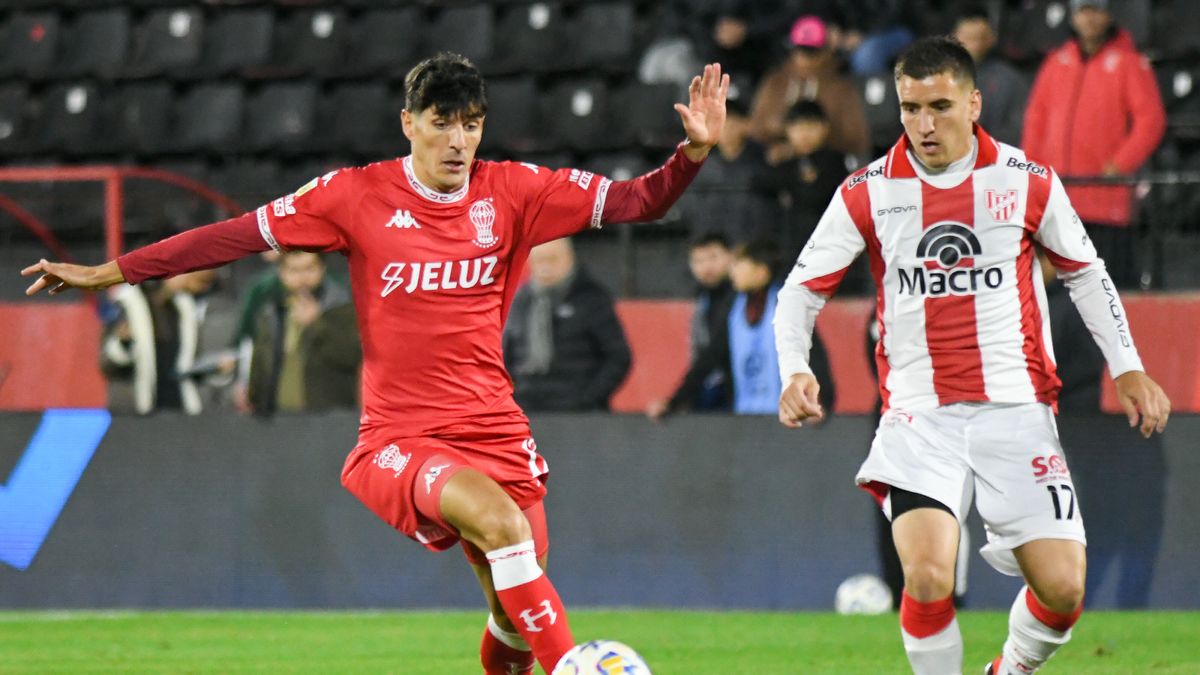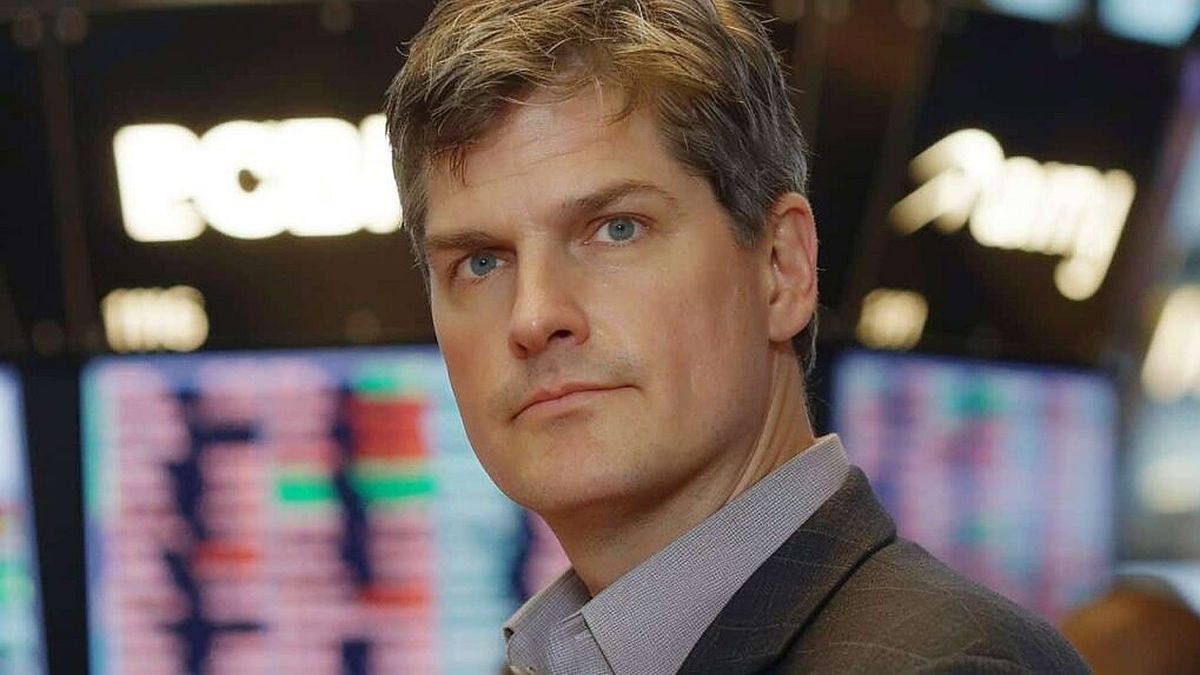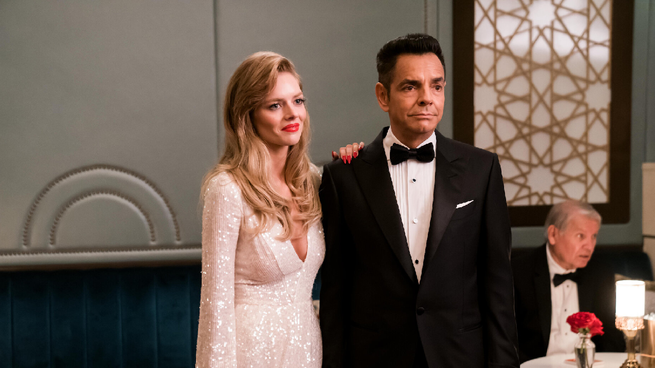What does the UEFA boss expect from the European Championship? What chance does such a tournament have in times of crisis? How great are the security concerns? Aleksander Ceferin speaks in an interview with the German Press Agency.
This Friday, the last European Football Championship in the term of office of UEFA President Aleksander Ceferin begins in Germany. At the head of the European association, the 56-year-old Slovenian has experienced numerous crises such as the corona pandemic and the war in Ukraine.
He talks about his anticipation and worries about the European Championship in an interview with the German Press Agency.
Question: The last three World and European Championships took place first in Russia, then during the Corona pandemic and most recently as a Winter World Cup under much-criticized human rights conditions. Are you looking forward to another good, old and hopefully atmospheric football tournament?
Aleksander Ceferin: Yes. The last European Championship in eleven countries was complicated in itself. And I don’t think that such a tournament should take place again in the future. It is important that the fans know the host country, know the people and know the culture. A European Championship in eleven countries – that was tiring and expensive. And then we had to host it in the middle of Corona times. Now we finally have a classic football tournament again in a country with many advantages. The infrastructure is good. The Germans are always good organizers. And it is easy to come to Germany. I think it will be a football festival! And the most important thing is safety.
Question: You said at the beginning of the year that security at this European Championship was your “biggest concern”. What exactly are you worried about?
Ceferin: We have no specific security concerns. But the problem for me is the geopolitical situation in the world. More and more violence. More and more aggression. The world situation is not ideal. But I don’t want to talk about it too much. Organizing such a big event as a European Championship is a challenge in principle. It is of course easier for us as UEFA not to work with several countries as we did three years ago, but only with one ministry and one security apparatus. And that works very well with the German authorities. I met the Minister of the Interior Nancy Faeser in Berlin and have spoken to her several times before. Everyone works well together.
Question: The slogan of this European Championship is: “United by football”. Is that presumptuous in these times of war and political conflict on the continent – or is this European Championship also an opportunity?
Ceferin: Football is one of the few things that can still bring people together. I am really sure of that. People are patriotic and enthusiastic when they watch sporting events. Otherwise we criticise everything, everywhere and at all times (laughs). I really believe that this European Championship can be a festival of friendship. Someone once said to me: If you want to take the European Union to another level, you have to set up a joint EU football team. Football is by far the number one sport in Europe. We have received 52 million requests for 2.7 million tickets. This tournament has power.
Question: What are your personal plans for the European Championships?
Ceferin: I have chosen different venues and different teams to watch. So I will see everything. The exception is my home country, Slovenia. I will watch all three of my team’s group matches. Because I’m afraid we’ll have to go home after that (laughs). But joking aside, I’m very proud of the Slovenian team’s success so far and I’m looking forward to seeing them play.
Question: You really weren’t lucky with your preliminary round opponents Denmark, Serbia and England.
Ceferin: Yes, it’s a very strong group. But we’re playing well too. Just to qualify, you have to be able to do something. And the charm of football is that David can always beat Goliath. Italy failed to qualify for the World Cup against North Macedonia. Anything is possible! Germany is under significantly more pressure than Slovenia at this European Championship.
Question: What do you expect from the German team?
Ceferin: I’ve said to a few friends: I don’t know why, but I think Germany is one of the top favorites. They’ve played pretty poorly in recent years. But they have a good team. And since the friendly against France, I’ve seen a different spirit. I always say: never underestimate Spain. And then you always have Croatia, Belgium, the Netherlands, maybe Denmark. But Germany, France, England and Portugal: in my opinion, they are the favorites at this European Championship.
Question: Do you share the fear that young people are increasingly losing interest in football and major sporting events on television?
Ceferin: I keep hearing that the younger generation doesn’t follow football as much anymore. But more and more young people are playing football and watching football. And we also have data that suggests that the times when children are supposedly only busy with computers and don’t do any sport are slowly changing. In my home country of Slovenia, more than 70 percent of all young registered athletes play football. More people watched the 2021 European Championship final between England and Italy in the USA than the NBA finals. So I’m not worried about football. We must just never allow big money to buy and destroy it.
Question: How long do you think football will be able to determine its own rules and make its own sports court decisions? The European Court of Justice has already dealt with the dispute over the Super League. In Germany, the Federal Cartel Office is investigating the so-called 50+1 rule.
Ceferin: I don’t want to comment on individual court decisions. But it is really a problem that more and more governments in Europe want to intervene in sport. And this will backfire. Football is so strong because of our system. You can move up from the fourth to the third and up to the first league and then qualify for every European competition. If that is only something for elites, then football is gone. And that is why I say: the sports system has worked for 100 years. Organising sport is different from selling Pepsi-Cola or Coca-Cola. Everyone always says: you have so much money. But we redistribute 97 percent of our income back to football. Sport promotes health and teaches children values. So it should be treated separately. And as a lawyer, I think: sports law and European law are compatible. Europe is not in a fantastic situation right now. The governments of Europe have so many problems to deal with – they shouldn’t interfere in sport too.
Question: Given this background, how do you view Ukraine’s participation in the European Championship? Is it a strong signal? Or does it make you worried about security?
Ceferin: There are no security concerns. The most important thing is that whoever qualifies should also play in the European Championship. And the Ukrainian team plays impressive football. As a team they are really strong. They could be one of the surprises of this Euro, you never know.
Question: Is there any pressure on you or any discussion about allowing Russian teams back into UEFA competitions despite the attack on Ukraine?
Ceferin: There is no pressure and we have never been under any pressure to allow them back. Actually, I am against any boycott. But in this case, we simply had to do it after the war started. And we were among the first to do it. I don’t think football can help much in this case. But each of us can do something.
Question: Such influence does not necessarily have to come from Russia itself. Are there associations within UEFA that would like to have the Russians back?
Ceferin: We have already discussed whether we should allow Russian youth teams to take part in our competitions again. Because why should this affect children who are not yet able to vote in their country? But at the moment there is no way to do that because some associations are under the strong influence of their governments. I still say that children in Russia are being raised under the propaganda that we don’t like them, that we hate them and that we don’t accept them. When they come here and perhaps meet other 15 or 16-year-olds from Germany, Slovenia or somewhere else, they might see things differently. But as it is, an entire generation in Russia is being raised to hate even more. The whole situation in Europe is frightening. It scares me.
Question: Does this change UEFA’s attitude to political statements? The entire World Cup in Qatar was accompanied by this issue. And your association was also heavily criticized at the 2021 European Championships when it banned the Munich stadium from being illuminated in rainbow colors.
Ceferin: I hope politicians have learned from this. Namely, that they should not interfere in football matters. When they ask us to protest against the government of a member of the European Union, as they did in 2021, they are clearly asking us to influence a political situation. Conversely, however, we will never interfere in political issues and we humbly ask politicians not to do so in sport either. When it comes to dealing with teams or players, our position is clear: we will never intervene in captain’s armbands or similar things. We allow everything, we will not punish anything. We respect freedom of expression as long as it is not offensive.
Question: This is your last European Championship as UEFA President. What do you want to do after 2027? Become FIFA boss? Leave football?
Ceferin: If there’s one thing I’ve learned in my 56.5 years: never talk too much about the future! Life is wonderful and offers you a lot of interesting things. Everything is possible. Everything! But now my focus is on the European Championships.
Question: What will be the biggest challenges for European football in the coming years?
Ceferin: The biggest challenge is to protect clubs from being taken over by groups or hedge funds that do not have a transparent ownership structure. In addition, multi-club ownership makes it difficult to perceive fair play. And we have yet to find a definitive solution to this. As interest in investing in football continues to grow and these investments are essential for the growth of the sport, the question is: how can we be smart enough to allow these investments in principle, but be careful that it does not harm the sport? Investors have to play by the rules, but this is a complex issue. We do not have the authority of law enforcement agencies. We can ask the clubs for documents, but we cannot confiscate their computers to investigate their activities.
About the person: Slovenian Aleksander Ceferin (56) worked as a lawyer and president of the Slovenian Football Association before being elected UEFA boss in 2016. He was confirmed for four years in 2019 and 2023. He does not plan to run again in 2027.
Source: Stern
I am Pierce Boyd, a driven and ambitious professional working in the news industry. I have been writing for 24 Hours Worlds for over five years, specializing in sports section coverage. During my tenure at the publication, I have built an impressive portfolio of articles that has earned me a reputation as an experienced journalist and content creator.




